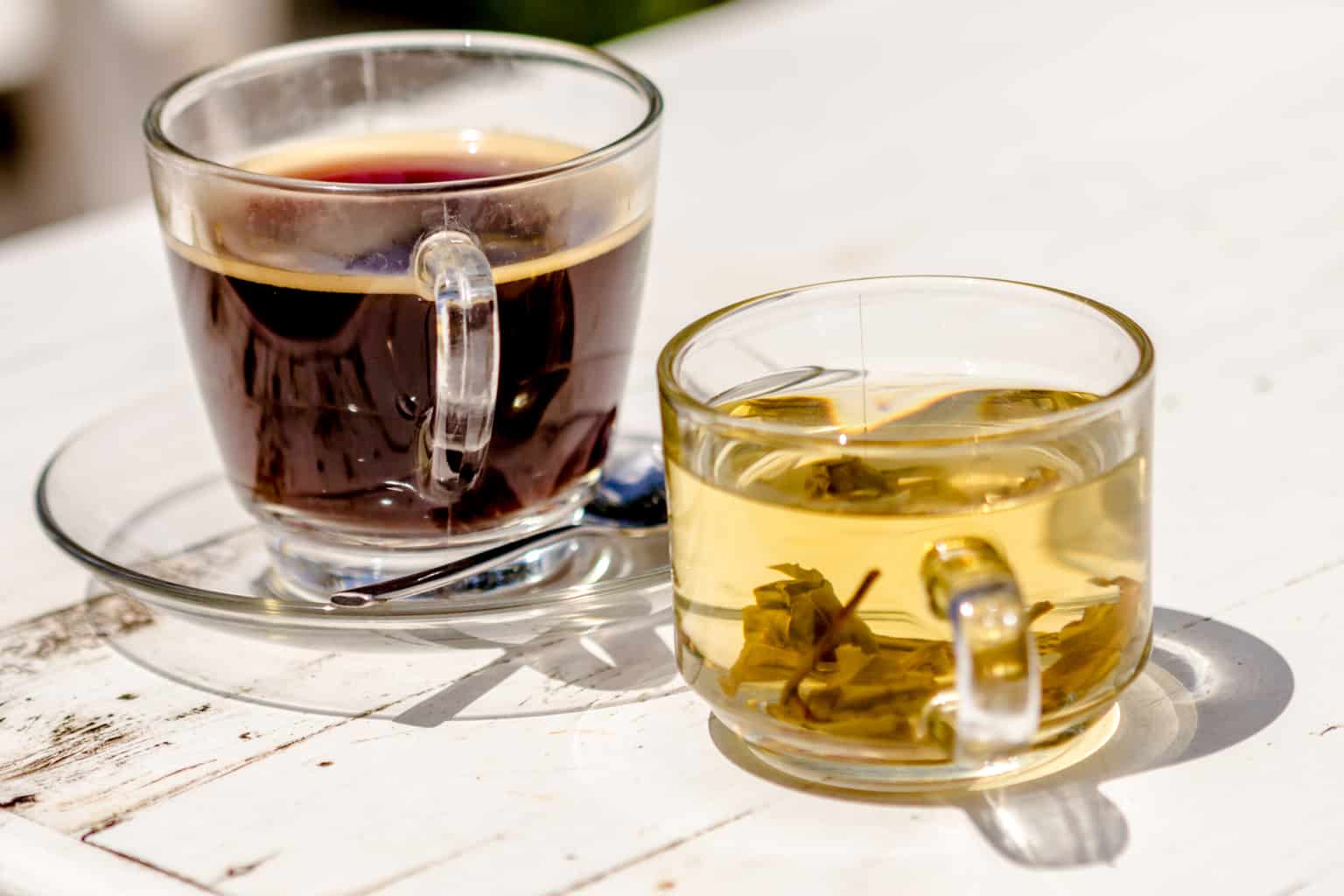
[cmamad id=”19860″ align=”center” tabid=”display-desktop” mobid=”display-desktop” stg=””]
One may be a powerhouse, the other not so much…

—–Important Message—–
For men with high blood pressure…
I’ve seen men who threw their pills into the trash and got huge results, just huge.
It turns out their blood pressure treatment was killing their erections.
And it also turns out that, thanks to this 5+5 formula, almost any man can have normal blood pressure within a few days, naturally.
—————–
Tea or Coffee? New Discovery Reveals Which to Drink
Tea and coffee are dietary staples in many traditional cultures around the world.
And in recent years there has been a crusade against these beverages because of their caffeine content.
But caffeine stimulates the metabolism!
It sharpens the mind and improves physical performance.
The anti-caffeine crusaders assume that, because caffeine has drug-like benefits, there must be drug-like downsides.
Is there a low after the high?
Well, a recent human study found just the opposite.
Green tea, coffee, and caffeine consumption were associated with significantly lower levels of depression over a lifetime.

Researchers at the Kyung Hee University in Korea conducted this study into the effects of caffeine and caffeinated drinks on humans and published their results in the journal Nutrients.
[cmamad id=”19861″ align=”center” tabid=”display-desktop” mobid=”display-desktop” stg=””]
They looked at the rates of depression over the course of a lifetime.
“We looked at the association with green tea, coffee, and caffeine with self-reported lifetime depression in the Korean population.”
The study enrolled almost 10,000 men and women in a nationwide health and nutrition survey.
“9,576 participants (3,852 men and 5,724 women) aged 19 years or older were selected for the present study.”
The study estimated intake of caffeine, coffee, or green tea from questionnaires completed by the participants.
“Green tea, coffee, and caffeine consumption levels were assessed with a validated food frequency questionnaire.”
The participants also supplied data about their mental health over the course of their lifetime.
And the researchers looked at the data for self-reported cases of depression.
Then they compared the rates of depression for tea, coffee, and caffeine consumers against people who didn’t use any of those things.
Green tea was associated with a significantly lower risk of depression.
“Frequent green tea consumers (≥3 cups/week) had 21% lower prevalence of depression than non-consumers after adjustment for confounders.”
People who consumed the most caffeine had a 24% lower rate of depression than those who consumed the least caffeine.
“Participants in the highest quartile of caffeine consumption had 24% lower prevalence of depression than those in the lowest quartile.”
The authors mentioned another study which looked at a higher intake of tea. In this study, doubling the intake almost doubled the benefit.
“In another study, daily tea consumption of 1 cup/day was associated with a 41% lower risk of depressive symptoms.”
Tea contains a significant amount of caffeine, much like coffee.
Consistent consumption of coffee was associated with an almost 1/3 lower risk of depression.
“Frequent coffee drinkers (≥2 cups/day) had 32% lower prevalence of depression than coffee non-drinkers after adjustment for confounders.”
The study did not look at a coffee intake higher than that.
Some other studies on colorectal cancer and liver disease have shown that the maximum benefit of coffee is reached at 4 cups per day.
Another study mentioned in this paper also found that coffee greatly benefits mental health.
“Higher coffee intake (≥2 cups/day) was associated with a 39% lower prevalence of depressive symptoms.”
Caffeine is a well-known antidepressant compound in tea and coffee.
There are numerous ways in which caffeine helps with mental health.
For example, caffeine affects dopamine – one of the main feel-good chemicals in the brain.
Tea also contains another well-known antidepressant compound called theanine.
“An animal study demonstrated that theanine has an antidepressant effect.”
Green tea, coffee, and caffeine are associated with a lower risk of depression.
“Frequent consumption of green tea, coffee, or caffeine was associated with a reduced prevalence of self-report lifetime depression.”
You should always consult a healthcare professional about treating and diagnosing health problems.
—–Important Message—–
Secret “Passion Trigger” Makes a Girl CRAZY for You…
…and you can tell as soon as it starts working…
Her cheeks will flush pink and her eyes will dilate…
Her nipples will swell until they’re poking through the fabric of her shirt, just begging you to touch them…

And when you finally get her panties down, you’ll find her wet and waiting for you…
—————–

http://www.mdpi.com/2072-6643/10/9/1201

Leave a Reply